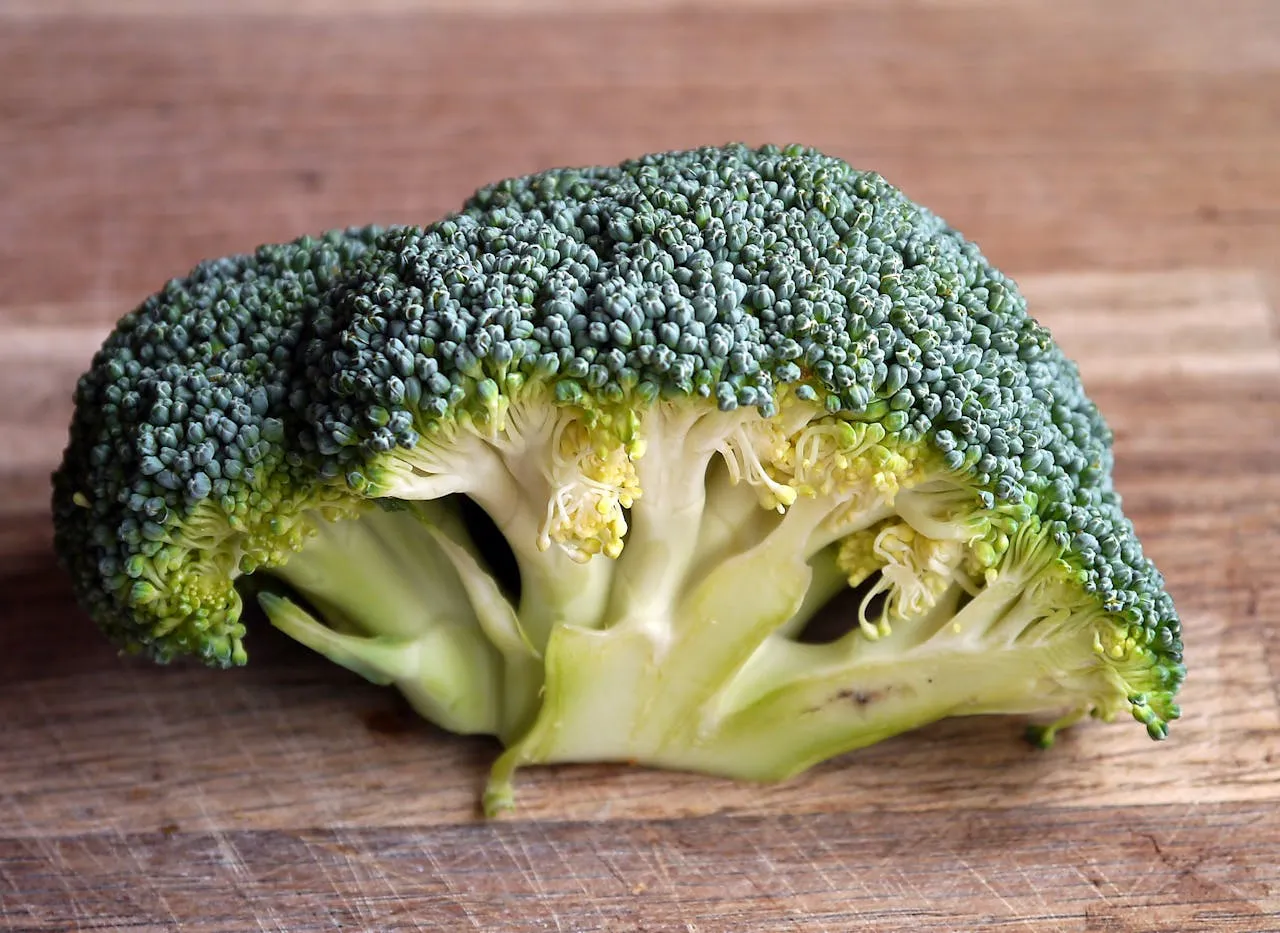 Tuesday, September 10, 2024
Tuesday, September 10, 2024Coenzymes: Key Players in the Body's Energy Metabolism
Coenzymes are small organic molecules that play a vital role in the body’s biochemical processes. These molecules often work alongside enzymes to speed up and enhance biochemical reactions. Enzymes act as catalysts that trigger chemical reactions, but they often need coenzymes to function efficiently. If we think of enzymes as a car, coenzymes are like the fuel needed to keep it running. Without coenzymes, many metabolic pathways would slow down or even come to a halt.
Coenzymes are crucial in regulating energy production, cellular respiration, and the metabolism of fats and carbohydrates. One of the most well-known coenzymes is Coenzyme Q10, essential for producing energy in cells. Found in the mitochondria (the cell’s energy-producing centers), this molecule also acts as a potent antioxidant, neutralizing free radicals.

Roles of Coenzymes in the Body
Coenzymes support several vital functions, such as:
Energy Production: Coenzymes help facilitate ATP (adenosine triphosphate) production, the primary energy carrier in cells, particularly through Coenzyme Q10.
Cellular Respiration: Coenzymes assist in cellular respiration, the process by which cells use oxygen to produce energy. This process, known as oxidative phosphorylation, relies on coenzymes to proceed smoothly.
Antioxidant Protection: Coenzymes like Coenzyme Q10 help neutralize free radicals, preventing cellular damage and slowing down aging.
Metabolic Regulation: Coenzymes derived from B vitamins regulate the metabolism of fats, proteins, and carbohydrates, maintaining the body’s energy balance.

Daily Consumption and Benefits
The production of coenzymes like Coenzyme Q10 can decrease over time due to aging, intense physical activity, chronic diseases, and stress. To prevent coenzyme deficiencies, it's beneficial to incorporate them into your diet through food sources or supplements when necessary.
Natural Food Sources: Coenzyme Q10 is found naturally in:
Fatty fish (salmon, sardines, tuna)
Organ meats (liver, kidney)
Nuts and seeds
Whole grains
Leafy green vegetables (spinach, broccoli)

Regular consumption of these foods can help maintain healthy coenzyme levels. For individuals with decreased coenzyme production due to age or health conditions, supplements may be a viable option.
Coenzyme Supplements: Coenzyme Q10 supplements are commonly used for conditions like low energy production, fatigue, muscle pain, heart problems, and migraines. Studies have shown that coenzyme supplements can support heart health, reduce high blood pressure, and aid in treating certain neurological conditions.
A typical daily dose ranges from 30 to 200 mg of Coenzyme Q10, depending on individual needs and health status. While long-term use is considered safe, it’s essential to take supplements under a doctor’s supervision.
Health Benefits
Regular consumption of coenzymes may offer the following benefits:
Heart Health: Coenzyme Q10 enhances heart energy production and may help prevent heart failure and other cardiovascular disorders.

Skin Health: As an antioxidant, Coenzyme Q10 can improve skin elasticity and reduce signs of aging.
Energy Levels: Coenzyme supplements may help increase energy in individuals suffering from fatigue.
Immune Support: Coenzymes support immune cell function, strengthening the body’s ability to fight infections.


